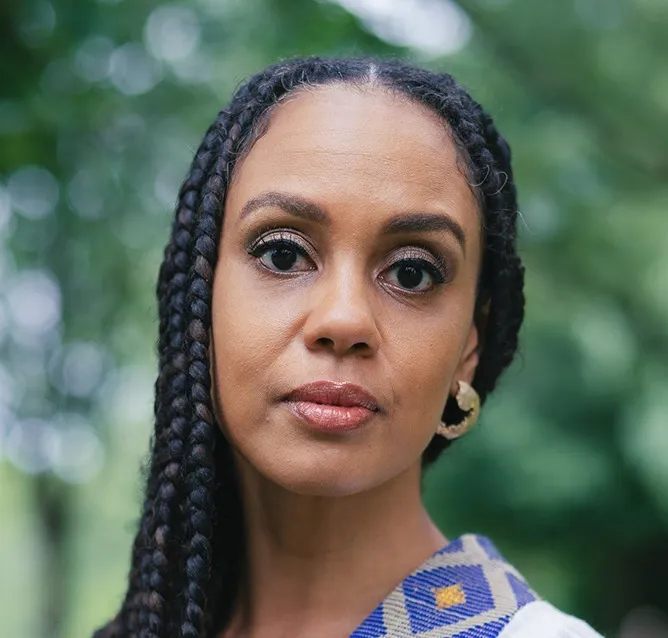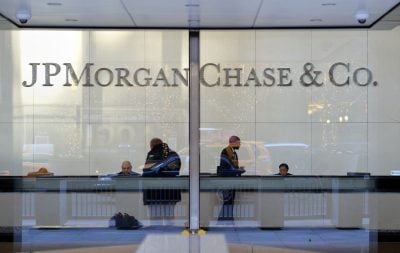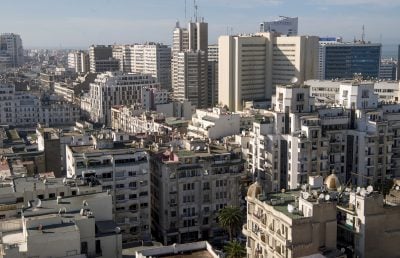The US has nominated Indian-American business executive Ajaypal Singh Banga to be the next president of the World Bank, making his appointment by the Bank’s board all but certain. All eyes in the development finance community will be peeled for indications of what he will focus on.
Will he shift the World Bank from being a bank that sees its primary focus as poverty reduction to one that twins this goal with climate sustainability, or even sees the latter as a new higher-order goal? A number of international non-governmental organisations, as well as US Treasury secretary Janet Yellen, have already called on the departing president, David Malpass, to follow such a route.
Or, with his business acumen, will he bring a greater focus on what is known as “blended finance” – already well practised in the Bank’s smaller instrument, the International Finance Corporation (IFC) – and shift the Bank towards a stronger private-sector orientation? If so, he may even prioritise a revival of the Bank’s “Ease of Doing Business Index”. This flagship publication, which ranked countries on the ease of starting and operating a business, was discontinued in 2021 following allegations of irregularities.
Alternatively, Banga may, as a member of the Indian and so-called “Global South” diaspora, seek to bring to the Bank a broader range of economic approaches, diversifying its staff, its advice and its tools. As I have previously suggested in African Business, this may be a less direct but more sustainable means of ensuring climate action is delivered in the long term.
Or perhaps Banga may feel his priority is to address the efficiency of the Bank’s use of its capital for lending and debt relief. This perspective would be warranted in view of the way Malpass struggled to get Bank lending out during the Covid-19 pandemic, let alone raise it, while continuing to take in debt service payments from struggling countries.
The findings of an independent review of the capital adequacy frameworks of the world’s multilateral development banks (MDBs) would also support such an approach. Commissioned by the G20 and published last year, it recommended strategic shifts to allow these lenders to stretch themselves further at a time when action is needed to confront the array of long- and short-term crises confronting the world.
It’s unlikely the answer to any of these questions will be clear before Banga is formally confirmed and takes his position at the Bank when Malpass leaves in June. Indeed, if he’s a deft political actor, it’s likely he will point to all these possibilities in interviews and speeches before and after he takes office. And rightly so, as all of these actions are crucial.
Advice for the new president
However, since Banga has never worked in an MDB, let alone run one, I have one piece of advice for him before he decides on his approach. He should speak to Akinwumi Adesina, president of the African Development Bank (AfDB), as well as to Jin Liqun, president of the Asian Infrastructure Investment Bank (AIIB).
The main reason to speak to these two other MDB leaders is that one of the first discoveries he will make when he takes his place in his new corner office in Washington DC is that although the Bank’s primary lending instrument is called the International Bank for Reconstruction and Development (IBRD), in much of the world the Bank doesn’t do much “reconstruction”, let alone “construction”.
For instance, over the 2019-20 fiscal year (mostly before the Covid-19 pandemic), the Bank disbursed $14.5bn to Africa, but only a small proportion of this went to building new infrastructure. In comparison, the AfDB disbursed $5.1bn, the vast majority of which went to infrastructure. In the same year, the then five-year-old AIIB, the newest MDB on the block, disbursed $6.23bn to its Asian members for green infrastructure projects in sectors from energy to water and urban development, while also creating a special facility to deliver emergency Covid-19 support.
This was the right thing to do – infrastructure is crucial. Take Africa – a continent over three times the size of China and nine times the size of India, yet with a fraction of the logistical and energy infrastructure needed to be able to trade efficiently, let alone manufacture pharmaceuticals on the scale that China and India do to ensure their health sovereignty.
The continent exports more fertiliser than it imports, despite its need to improve the quality of food production. This is partly because the existing logistical infrastructure, which the World Bank provides small loans to “rehabilitate”, is mostly oriented to trade outside Africa.
Whether or not Banga decides that infrastructure is a priority for the Bank, it will be crucial for him to understand how the AIIB and AfDB – as well as other regional MDBs – are delivering better finance for their regions in times of crisis.
Listen to the borrowers
What might Adesina and Jin tell Banga? If you look closely, the secret might lie in the fact that the two MDBs have structures that force them to listen better to their borrower countries. Unlike the World Bank, the AIIB doesn’t have country offices but is operated out of China, a country that has successfully prioritised infrastructure-led development. That prioritisation bleeds into its approach.
The AfDB is also obliged to rely less on country teams – though it does have them – but in comparision with the World Bank its staff are more diverse, with different theories about development, and its board structure is more recipient-dominated.
The challenge that will face Banga, whatever he decides to do, is that turning a big, almost 80-year-old ship around will not be easy. The world overall has changed since the Bank was created, but for the countries that seek loans from it, including India, very little has changed. Collectively they retain the same proportion of global GDP as they did back in 1944, pre-independence. Will Banga be able to direct the Bank to make a greater contribution to finally growing that proportion? Learning from the regional banks will make that possibility more feasible.
Want to continue reading? Subscribe today.
You've read all your free articles for this month! Subscribe now to enjoy full access to our content.
Digital Monthly
£8.00 / month
Receive full unlimited access to our articles, opinions, podcasts and more.
Digital Yearly
£70.00 / year
Our best value offer - save £26 and gain access to all of our digital content for an entire year!

 Sign in with Google
Sign in with Google 



